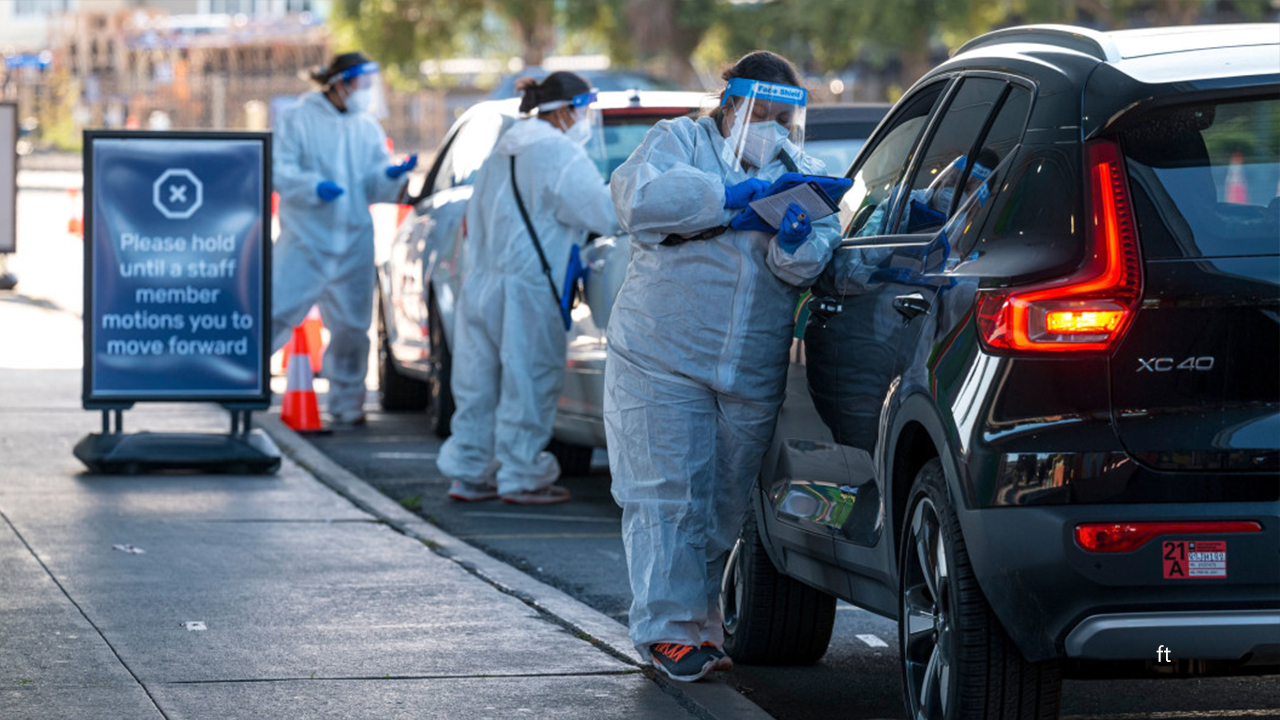Britain reported a record number of new COVID-19 infections on Tuesday as it battles a surge in cases caused by a variant strain of the disease. Official figures showed there had been 36,804 new cases and a further 691 deaths.
Prime Minister Boris Johnson and his scientific advisers said on Saturday a variant of the coronavirus, which could be up to 70% more transmissible, was spreading rapidly in Britain, although it was not thought to be more deadly or to cause more serious illness.
The authorities have since brought in tight social mixing restrictions measures for London, southeast England and Wales while plans to ease curbs over Christmas across the nation have been dramatically scaled back or scrapped altogether. Home Secretary Priti Patel said ministers had been very proactive over bringing in preventative measures to encourage people to stay at time throughout the Christmas period.
Meanwhile, drug makers including BioNTech and Moderna are testing their COVID-19 vaccines against the new fast-spreading variant of the virus that is raging in Britain.
Ugur Sahin, chief executive of Germany’s BioNTech, which with partner Pfizer took less than a year to get a vaccine approved, said on Tuesday that there are nine mutations on the virus and the mutation known as the B.1.1.7 lineage may be up to 70% more infectious and more of a concern for children.
While he does not believe any are significant enough to skirt the protection afforded by BioNTech’s mRNA vaccine, he said another 14 days or so of study and data collection are needed before offering a definitive answer. The vaccine contains more than 1,270 amino acids, and only 9 of them are changed in the mutant virus, that means that 99% of the protein is still the same.
In the event that the variant presents vaccine developers with an unexpected challenge, an advantage of mRNA is that scientists can quickly re-engineer genetic material in the shot to match that of the mutated protein, whereas modifying traditional vaccines would require extra steps.
In principle, the beauty of the mRNA technology is we can provide a new vaccine technically within six weeks, Sahin said.
The World Health Organization said it will convene a meeting of members to discuss strategies to counter the mutation.
Meanwhile, A number of European countries have imposed travel bans on the UK after it reported a more-infectious coronavirus variant. Ireland, Germany, France, Italy, the Netherlands and Belgium have decided to halt flights. An European Union meeting will discuss a more co-ordinated response to the new challenge. The new variant has spread quickly in London and south-east England.
Prime Minister Boris Johnson has introduced a new tier four level of restrictions for those areas, scrapping a planned relaxation of rules over the Christmas period. Top health officials said, the new variant is proving to be up to 70 percent more infectious. Health Secretary Matt Hancock said, the new strain is out of control and they have to get it under control.
Europe is expected to start a massive vaccination campaign after Christmas following the United States and Britain.

 A variant of the coronavirus, which could be up to 70% more transmissible, was spreading rapidly in UK
A variant of the coronavirus, which could be up to 70% more transmissible, was spreading rapidly in UK








.jpeg)




.jpeg)






.jpeg)









.jpg)


.jpg)
